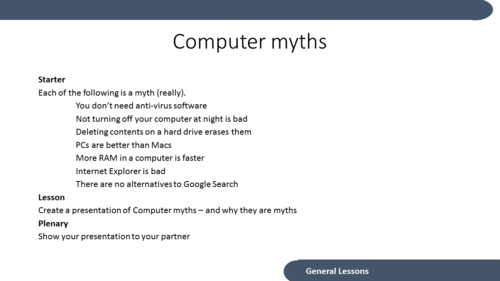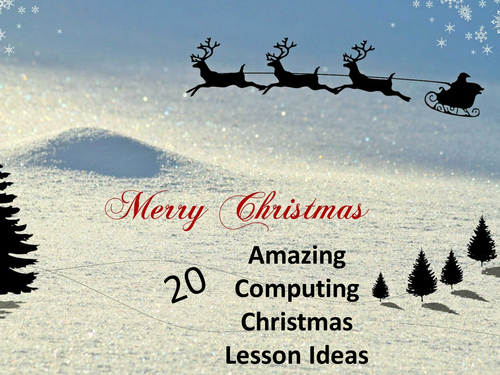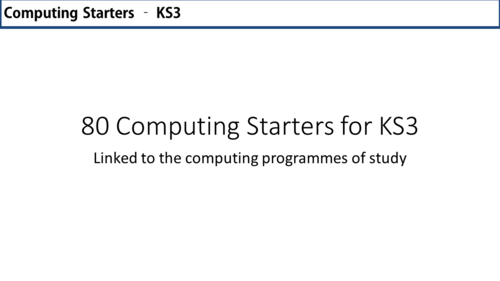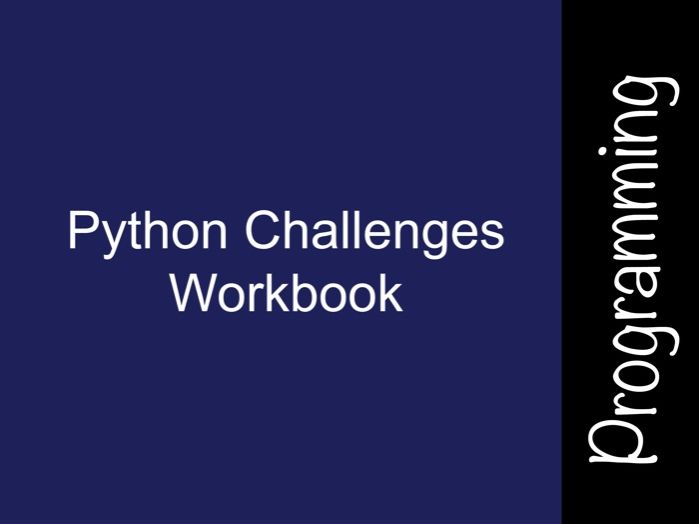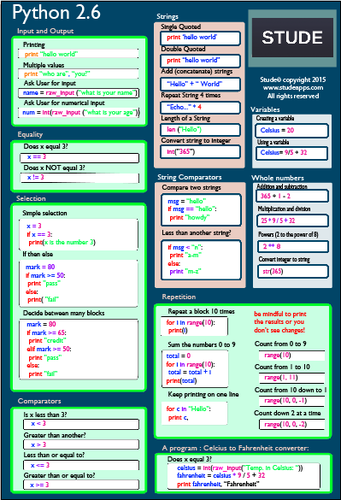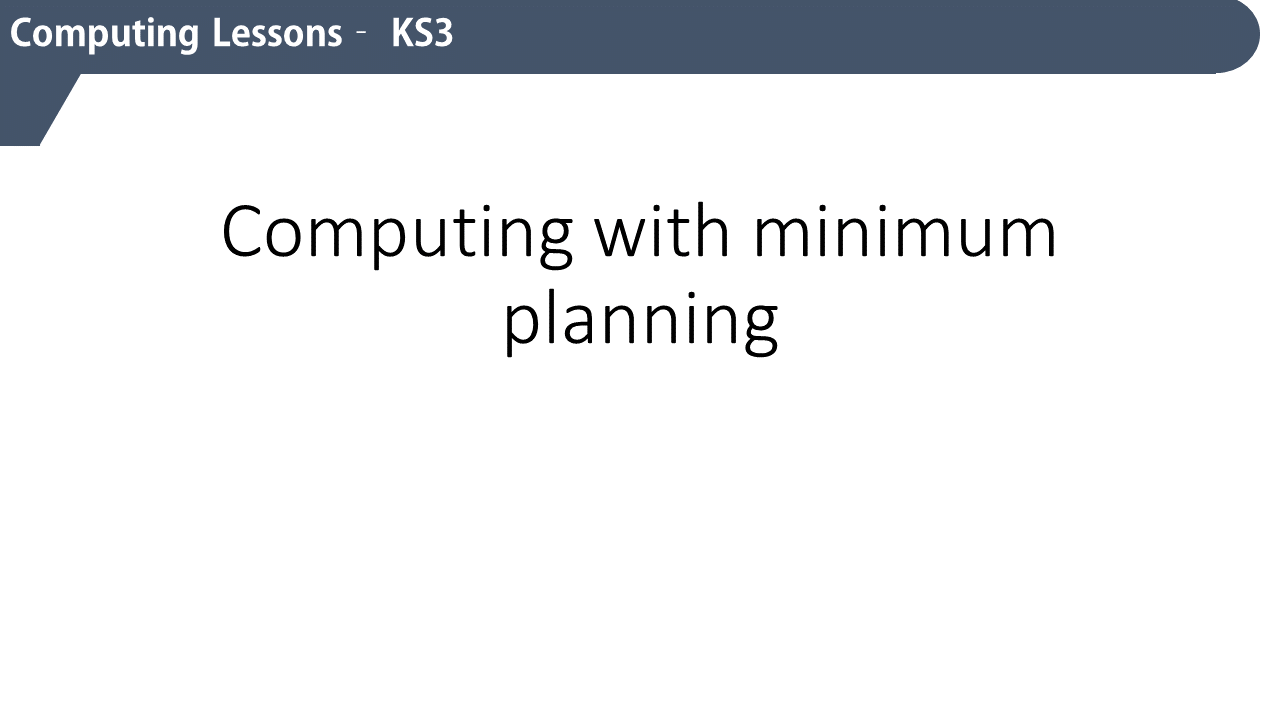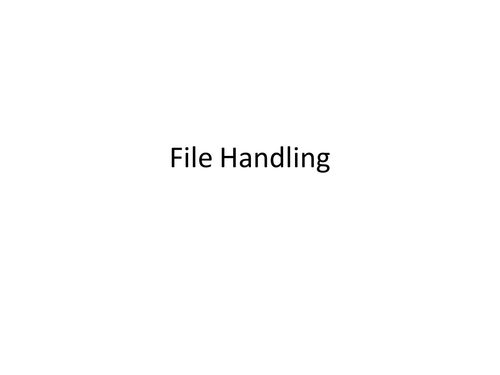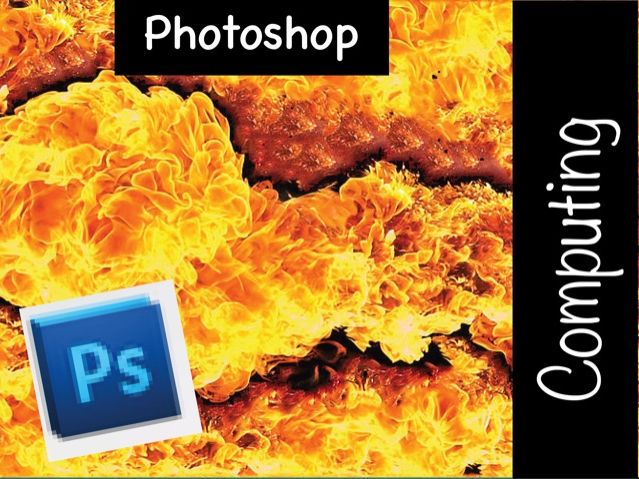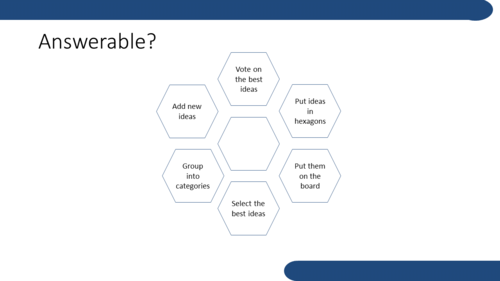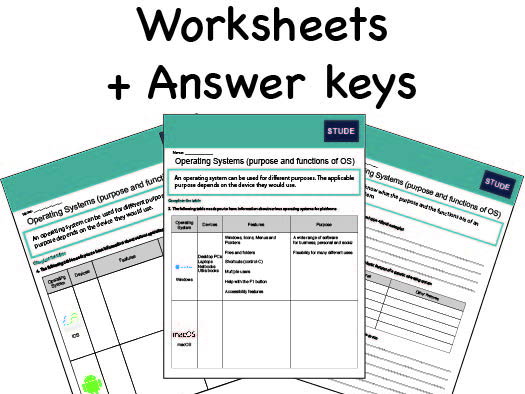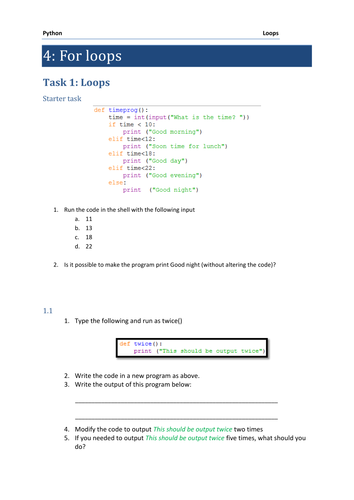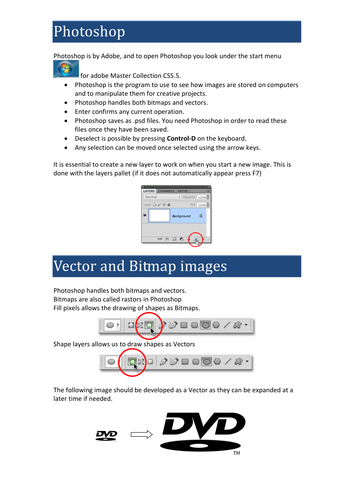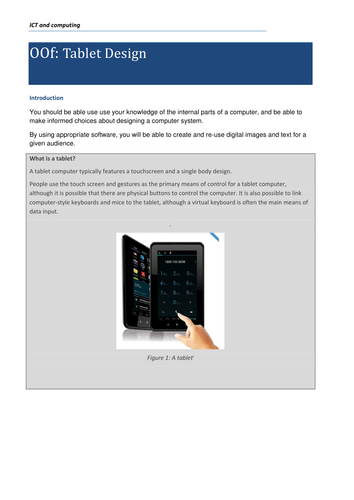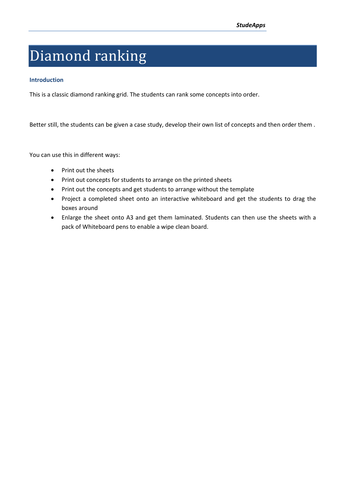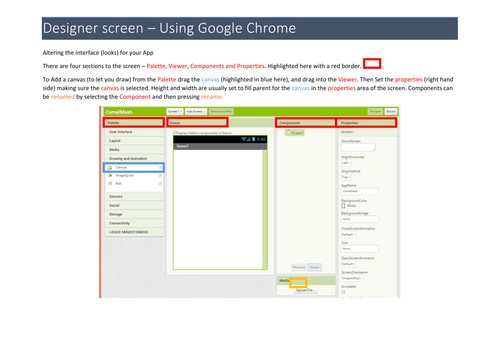
546Uploads
231k+Views
81k+Downloads
Computing

35 Computing and ICT lesson ideas for KS3
35 ideas (starter and plenary included) fully aligned to the KS3 curriculum. Sometimes we all need a little help with a lesson, or want something “out of the box” that can get going in seconds. These are outstanding ideas, and a full lesson can be built from them in minutes. Some are suitable for a few minutes, or can be used as mini-sessions within your lesson.
The idea is to save you time with the least preparation time possible.
Topics covered include:
Computational abstractions
Key algorithms
Programming
Boolean logic
Hardware and software
Instructions within a computer system
Data storage
Creative projects
Digital artefacts
E-Safety

20 Computing and ICT Christmas lesson ideas (KS3)
20 ideas that encompass the Computing Programmes of study for KS3. Some of these ideas are really great, and a full lesson can be built from them, some are suitable as starters or fun mini-sessions within your lesson.
Headings:
Decorate a Christmas Tree
Christmas Myths
Create a spreadsheet model
A Christmas story in 2016
PowerPoint
12 days of Christmas Cost
Create a poster
Programming – 12 days of Christmas song
12 days of Christmas – presents programming
Celebrations around the world
Sorting
Bitmaps
Photoshop
Programming
Create
Solving problems
Naughty or nice
Abstraction
Reindeer
Puzzle
Just for fun…

80 Quick Computing Starters for KS3
An incredible amount of generic starter ideas for KS3 computing lessons.
They are aligned to the Computing programme of study for Key stage 3: offering you some ready-planned (no teacher time required) starters for your lessons.
Generic starters are offered, as well as specialist starters covering the following topics:
Computational abstractions
Key algorithms
Programming
Boolean logic
Hardware and software
Instructions within a computer system
Data storage
Creative projects
Digital artefacts
E-Safety
All designed to help you improve your practice, and are formatted for you and ready to go!
This is also offered as part of the great value bundle KS3 Computing without the planning

Dijkstra's Algorithm for Computer Science
Dijkstra’s Algorithm
The way I would run this is to talk through the motivation for the algorithm from the presentation, and give the terminology worksheet to be filled in (answer in the presentation). We’d then work through the brute force worksheet. I might then run through the example, then give them the simple graph to fill in. Than we would work through TaskGraph1 for the graphs. Then I might get them to either code, or come up with graphs for them to solve in small groups or in pairs.
Included:
TPT presentation
Labels to fill in worksheets to give structure for the students to fill in answers
TaskGraph1 3 graphs to run Dijkstras on.
AnswerGraph1 and 2 -answers for the graphs
Brute force worksheet and brute force worksheet answers

Python Challenges Workbook
A series of 12 challenges for your classes, can be used for GCSE students or KS3 classes.
All are chosen as being applicable to beginner Python classes.

Python Cheat sheets Basic + Advanced (2.6 and 3.4)
Basic Python poster cheat sheets.
Designed for version 2.6 and 3.4.
Also contains a Python data types poster.
Python basics (2.6 and 3.4.2)
Python advanced (2.6 and 3.4.2)
Python data types

Computer science and computing web quest (webquest) pack
Students can discover more about famous computer scientists in a fun and interactive way.
Zero preparation for the teacher!
From Steve Jobs to Tim Berners-Lee there are many famous computer scientists. But how many do your students know?
Students respond to open-ended questions in this nicely presented resource.
Two suggestions for delivery:
1. Give all of the students the same computer scientist. Maximum 10 minutes for each. Who can go through the set fastest?
2. Give different groups different computer scientists. Then present.
Bundle

KS3 Computing - without the planning
Some of our best-selling resources on tes, brought together in a fantastic value bundle:
15 complete KS3 computing lessons
35 lesson ideas for computing and ICT KS3
80 computing starters for KS3
20 computing plenaries for KS3
These resources will save you hours of planning. Better still - they are aligned to the KS3 Computing curriculum.
Fantastic value bundle price.

File handling practical for GCSE Computer Science using Python
Teaches students about basic file handing including the basic operations; open, read and write.
The full lesson includes booklet and homework.
Practical session based around a 60 minute lesson.
This resource uses Python version 3.4

Photoshop 5 lesson tutorials KS3 SoW
5 Lessons.
52 files.
Tutorial sheets and worksheets to enable students to create DVD covers using Photoshop.
Designed for Photoshop CS5 extended, intended for KS3 use.
Includes worksheets, resources and video guides! The full package!
Great work for your students!

20 computing plenaries for KS3
20 computing plenaries for KS3.
Wonderful resource that can save a great deal of time!

GCSE Computer Science 9-1 – Computational logic and Binary gates revision
For the AQA GCSE 9-1 Specification, and also suitable for OCR J276.
Contains a series of tasks for revision around binary gates for students to use.

Computing KS3 cover lessons
19 different activities in this great pack!
A selection of cover lessons and one off sessions.
Suitable for non-subject specialists and experienced teachers alike. Some cover lessons are created for off the computer, some traditional computer room lessons and some a combination of the two!
Contains classic puzzles, whole lessons, Excel lessons…the list goes on.
Added resource for 2019 - Webquest. If you purchase this resource regularly check back for added resources and updates!

Systems Software Lesson for OCR Computer Science
Complete lesson for Systems Software. Designed for OCR Computer Science (9-1) J276 but is more than useful for Computer Science students studying AQA and other exam boards.
Contains a PowerPoint presentation, and three worksheets to help you deliver the content.
Contains everything the students need to know:
the purpose and functionality of systems software
- operating systems:
- user interface
- memory management / multitasking
- peripheral management and drivers
- user management
- file management
- utility system software:
- encryption software
- defragmentation
- data compression
- the role and methods of backup (full and incremental)

Recursion and Recursive techniques in computing and computer science
A great lesson around how to teach recursion away from the computer.
Based around a flood fill recursive technique, and also includes an exercise to teach shortest network path (with in the teacher notes). The worksheets are available for your use, and contain answers to the programming challenges in Java, Python and Pascal.
Backed by the following post (free forever) https://studeappsblog.medium.com/recursion-what-is-it-b4e9093db4c4
This could be used for an A level or GCSE classes and can be used with a high ability KS3 class.

Python 5-lesson KS3 Sow
A series of worksheets and activities designed for Python 3.4.5.1
Suitable for upper KS3 for an introduction to GCSE programming.

Photoshop flashcards
Flashcards in colour designed to be cut in half and treasury tagged.
Topics:
Vector and Bitmap images
Selection tools
Layers
Add a new layer
Duplicate Layer
Spot healing tool
Image adjustment layer
Combining images

Computing Tablet Design Cover Lesson
Tablet Design cover lesson - suitable for computing courses from KS3 to KS4

Diamond Ranking Grid
This is a classic diamond ranking grid. The students can rank some concepts into order.
Better still, the students can be given a case study, develop their own list of concepts and then order them .
You can use this in different ways:
• Print out the sheets
• Print out concepts for students to arrange on the printed sheets
• Print out the concepts and get students to arrange without the template
• Project a completed sheet onto an interactive whiteboard and get the students to drag the boxes around
• Enlarge the sheet onto A3 and get them laminated. Students can then use the sheets with a pack of Whiteboard pens to enable a wipe clean board.

App Inventor Guide to Screens
Simple guide for the blocks screen and the designer screen.
Designed for App Inventor 2

